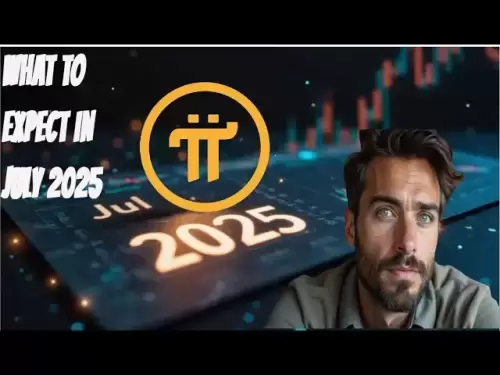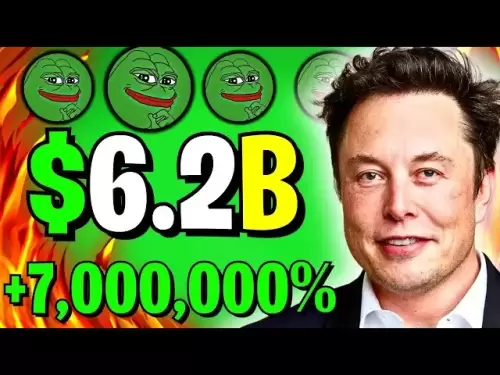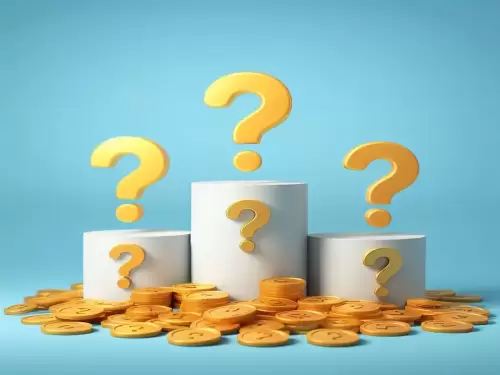Robinhood's foray into tokenized stocks and ETFs in Europe, coupled with broader trends in stablecoins and crypto cards, signals a potential revolution in finance.

Tokenized ETFs, Robinhood, and Europe: A New Era of Finance?
Europe's financial landscape is witnessing a fascinating evolution with the convergence of tokenized assets, Robinhood's strategic moves, and the increasing adoption of stablecoins and crypto cards. Is this the dawn of a new financial era?
Robinhood's Tokenized Revolution in Europe
Robinhood recently launched 200 tokens, enabling European customers to trade U.S.-listed stocks and ETFs 24/7. This initiative, initially on the Arbitrum Layer 2 blockchain, aims to offer commission-free trading and direct dividend payments, potentially revolutionizing access to popular assets like the Vanguard S&P 500 ETF (VOO), Nvidia, Apple, and even pre-IPO companies like OpenAI and SpaceX. Robinhood's CEO, Vladimir Tenev, believes tokenization could be the backbone of the global financial system.
The Rise of Tokenized Assets
Robinhood isn't alone in this venture. Crypto exchange Kraken also offers equity-linked tokens, and industry experts predict the proliferation of tokenized ETFs. BlackRock's CEO, Larry Fink, foresaw tokenization as the “next generation for securities.” While some believe tokenization will complement ETFs, others envision a future where digital transfer agents and blockchain-based systems streamline the entire ETF ecosystem.
Arbitrum's Potential Partnership and On-Chain Activity
Speculation about a partnership between Robinhood and Arbitrum, an Ethereum Layer-2 scaling solution, fueled a rally in Arbitrum's native token (ARB). This buzz stemmed from a fireside chat featuring Ethereum co-founder Vitalik Buterin and Robinhood executives. The rumor, combined with Arbitrum's growing network utility, drove trading volume up by 528%. Arbitrum's integration with real-world assets (RWA), such as Gemini's use of Arbitrum for tokenizing MicroStrategy stock, further solidifies its position in decentralized finance.
Stablecoins and Crypto Cards: Challenging Traditional Finance
Stablecoins are rapidly gaining traction in Europe, surpassing traditional card networks in on-chain volume. Their near-instant, borderless transfers at minimal cost are disrupting the payment landscape. Crypto cards are also making inroads, particularly for micro-payments and online purchases, rivaling traditional banks. Data shows that a significant portion of crypto-card transactions in Europe are for amounts under €10, indicating everyday usage.
The Future of Finance: A Tokenized, Digital Europe?
The trends suggest a potential shift towards a more tokenized and digital financial system in Europe. Merchant acceptance of crypto payments is growing, regulatory clarity is improving with the EU's MiCA framework, and stablecoins are maturing. While challenges remain, such as fragmented chains and UX hurdles, the vision of swapping tokenized dollars for tokenized securities in a single click seems increasingly within reach.
Of course, traditional finance isn't going to just sit back and watch. J.P. Morgan and others are exploring their own blockchain solutions. It will be fascinating to watch these different approaches evolve. Who knows, maybe one day we'll all be paying for our morning coffee with tokenized euros! Until then, keep an eye on this rapidly evolving space – it’s gonna be wild!











































































